I woke up feeling unsettled and uncertain. My emotions were raw. My eyes burned. My throat was dry. I tried to settle into my spiritual practice of reading while I drank my morning coffee, but I couldn’t focus on the page. My skin couldn’t contain my feelings. I wanted, I needed, to combust. I left my cabin to hike in the woods.
But not any woods. For 360 degrees around me there were charred trees and blackened soil. Lodge pole pines had been stripped of their evergreen needles. Some trees stood without shame in their nakedness. Others bowed to the ground or leaned on neighbors. I thought I could still smell smoke. But it was probably my imagination. Or maybe, it was just the lingering odor in my hair and clothes from using the wood burning stove in my cabin the morning before.
The East Troublesome Fire was first reported on October 21, 2020, near Kremmling, Colorado. Within a week, winds were as high as 60 MPH. The fire jumped Highway 34. Even without much fuel above tree line, it jumped the Continental Divide. When it was finally done, 193,812 acres of forest had been burned.
Still, on my walk almost a year later, there were signs of life. Yellow and purple flowers bloomed in ashen dirt. Carpets of green grass looked all the more verdant against fallen tree trunks turned to glistening charcoal. Miniature Aspen trees shimmered in the morning light, promising to turn gold when the air grew colder. First, I heard, and then I saw a small creek bouncing over rocks singing a song of hope. A single small yellow butterfly fluttered by, dancing in the sun.
Death gives way to life. It’s the way the world works. Broken hearts mend. Shattered dreams give birth to new inspiration. Even if we are not mended to be like new, we are wiser and maybe even stronger at the broken places. In the church we call it a miracle, resurrection.
I rolled my eyes at the cliché. It is a trope, and it is true.
But what is also true is that the trees burned. There is new life, but first comes death. We don’t get new beginnings without endings. What needs to die in me for something new to be born? What empty hopes, false selves, or rotted out beliefs do I need to set on fire so that latent seeds can sprout?
I ease off the boulder where I sat to think and walked back to my cabin. I open and close my fists to try to unclench my heart. There is so much I resist letting go. I study my hands and suspect I have only been holding smoke.
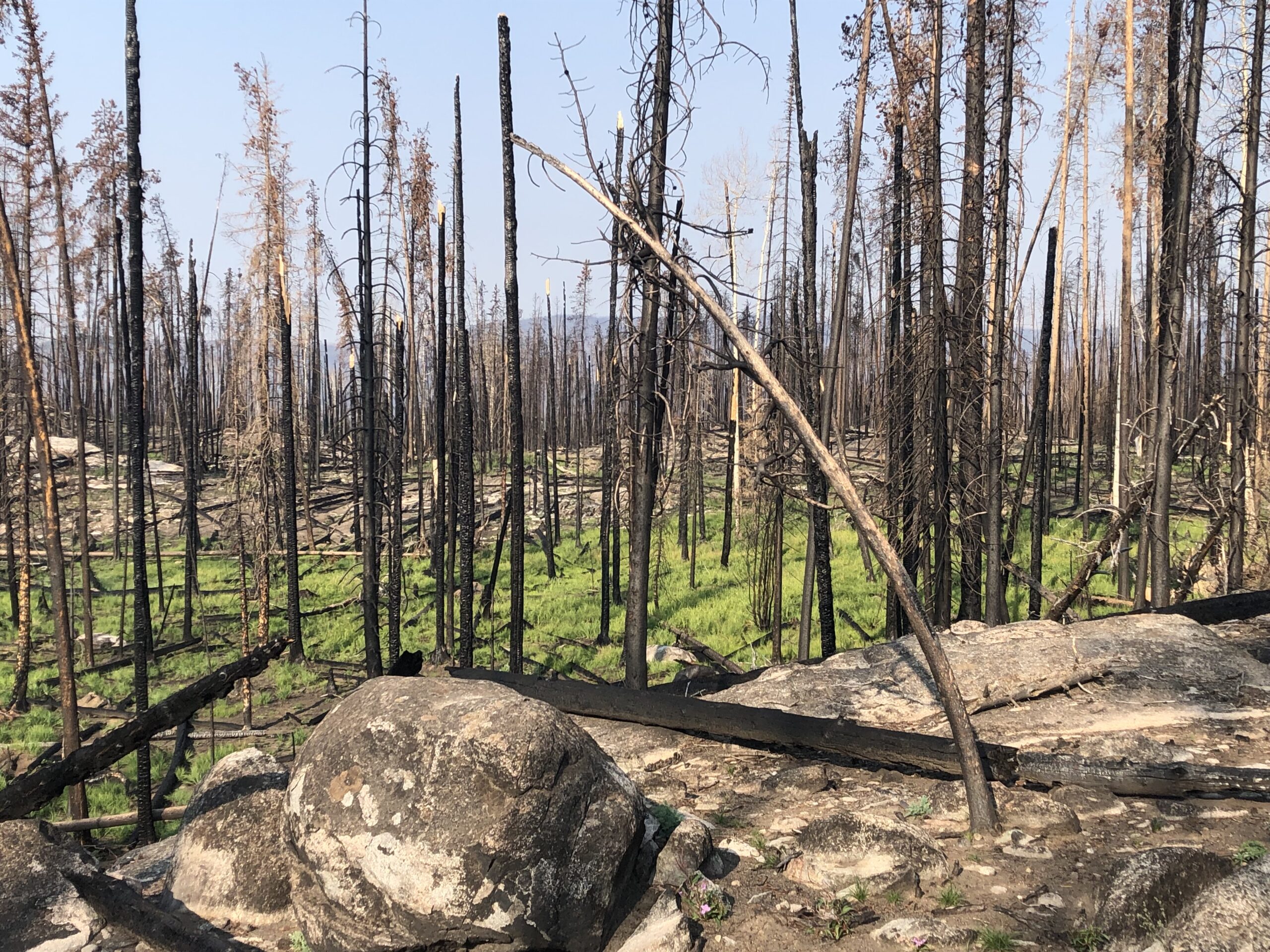
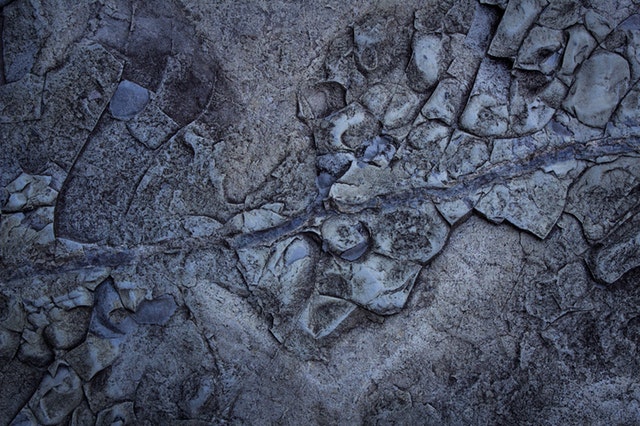

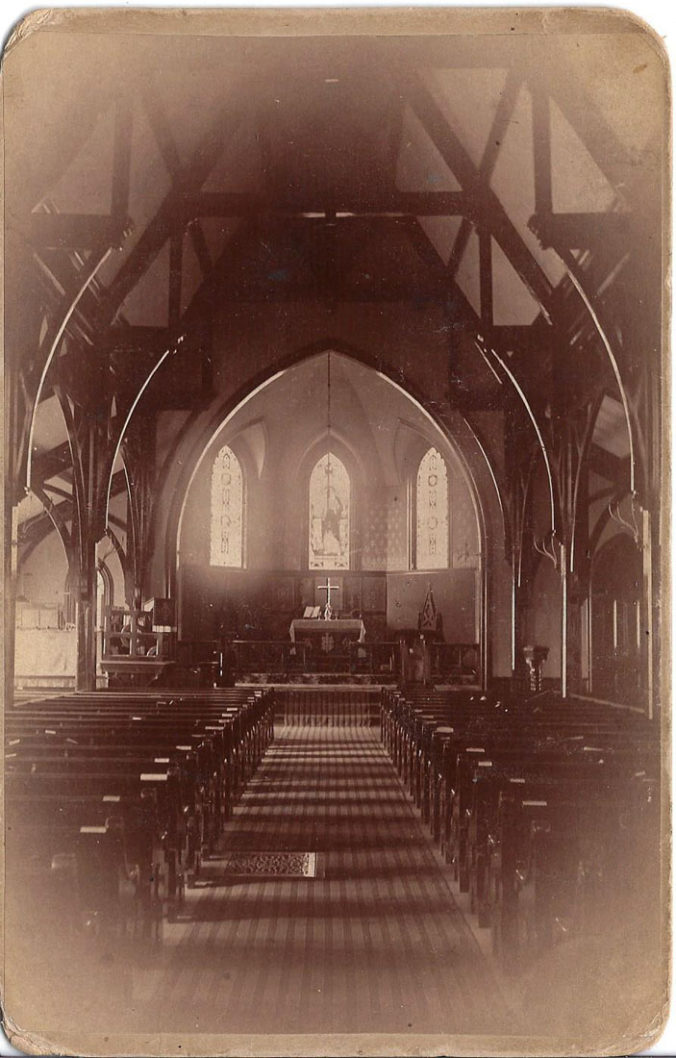
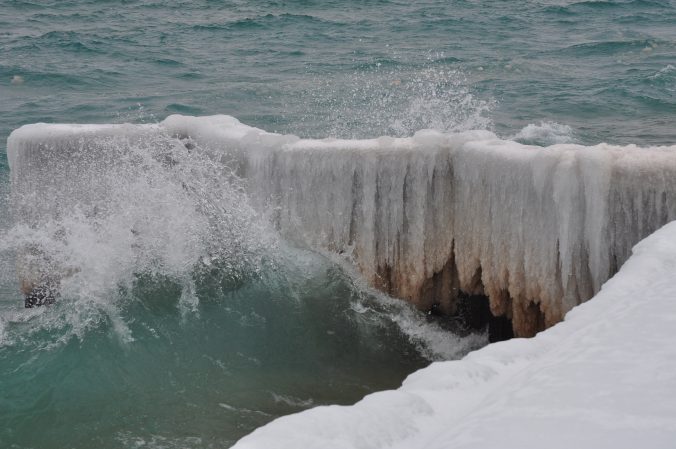
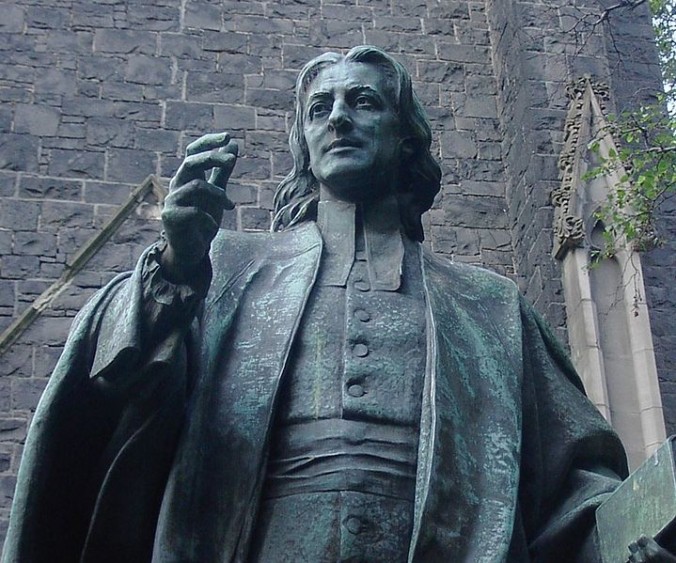
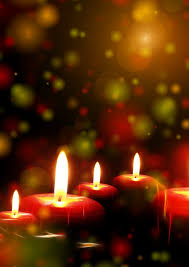
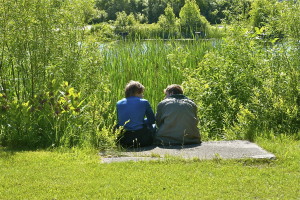
Recent Discussions